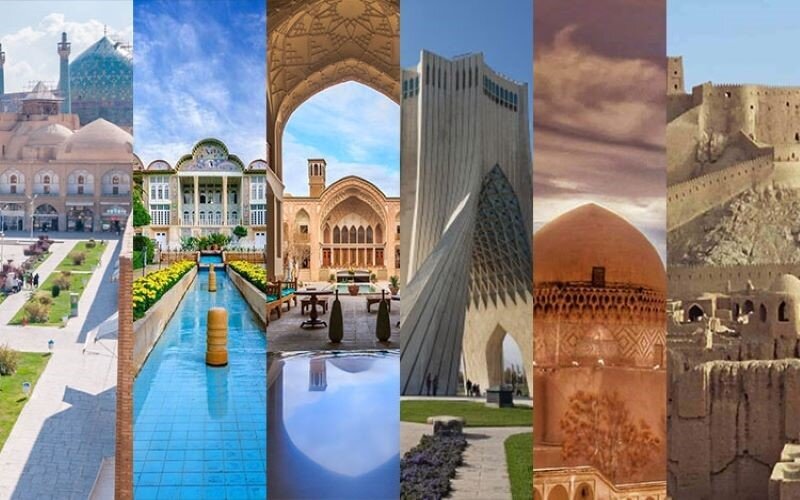TEHRAN - Hormatollah Rafiei, the director of the Association of Iranian Travel Agencies, stated that Iran’s new unilateral visa waiver strategy has significantly boosted the tourism sector.
Speaking to ILNA, Rafiei highlighted that the visa waiver program, implemented earlier this year, is one of the most commendable actions taken to boost the tourism sector.
He emphasized the private sector’s demand for the government to continue removing barriers in the tourism industry, including maintaining and expanding the visa waiver program.
Iran has unilaterally waived visas for citizens of approximately 30 countries. Notably, citizens of Lebanon, Venezuela, and Malaysia, who previously required a visa on arrival, can now travel to Iran visa-free under the new government directive. This move aligns with the private sector’s call for further visa waivers with additional countries to enhance tourism.
Rafiei acknowledged that while some tourism professionals oppose the unilateral visa waiver, he supports the government’s decision. He argued that lifting visa requirements is crucial for removing barriers and attracting more tourists to Iran.
Although the 30 countries currently part of the visa waiver program may not be major tourism sources or destinations for Iran, Rafiei believes many of them have the potential to become significant partners in the tourism sector.
He pointed out that private sector efforts aim to rejuvenate Iran’s tourism industry by increasing tourist arrivals. One of the main challenges has been the visa requirement, and its removal is seen as a key step toward achieving this goal.
Rafiei compared Iran’s situation to other tourist-friendly countries, noting that France attracts 90 million tourists annually and Turkey received around 55 million tourists post-pandemic, largely due to their extensive visa waiver agreements.
He stressed that visa waivers not only simplify travel and reduce costs but also eliminate numerous obstacles to tourism growth.
In April, the tourism minister Ezzatollah Zarghami said that Iran grants visa-free access to approximately half of the world’s population, totaling around four billion people. “Currently, half of the world’s population can travel to Iran without visas.”
“Of course, our initial proposal was to abolish visas for citizens of 60 countries, but the government agreed to abolish visas for citizens of 33 countries. With this abolition, the possibility of travel to Iran without obtaining visas has been provided for half of the world’s population.”
The visa-waiver program was approved for India, United Arab Emirates, Bahrain, Saudi Arabia, Qatar, Kuwait, Indonesia, Brunei, Japan, Singapore, Cambodia, Malaysia, Vietnam, Brazil, Peru, Cuba, Mexico, Bolivia, Venezuela, Bosnia and Herzegovina, Serbia, Croatia, Belarus, Lebanon, Uzbekistan, Kyrgyzstan, Tajikistan, Tunisia, Mauritania, Tanzania, Zimbabwe, Mauritius, and Seychelles.
Besides, the Islamic Republic has previously had visited cancelations with some countries like Turkey, the Republic of Azerbaijan, Oman, China, Armenia, Lebanon, and Syria, in various forms - unilateral, bilateral, and group visa cancelations, including airport visas, which were implemented in some cases. The privilege has been granted to tourist groups from Russia based on a mutual agreement inked between Tehran and Moscow.
According to available data compiled by the tourism ministry, more than six million foreign tourists arrived by air, road, and sea in the country during the past Iranian calendar year, which came to an end on March 19. The figure marks a substantial year-on-year increase compared to a year earlier (1401) in which approximately 4.23 million tourists visited the Islamic Republic.
The Islamic Republic expects to reap a bonanza from its numerous tourist spots such as bazaars, museums, mosques, bridges, bathhouses, madrasas, mausoleums, churches, towers, and mansions, of which 27 are inscribed on the UNESCO World Heritage list.


No comments:
Post a Comment